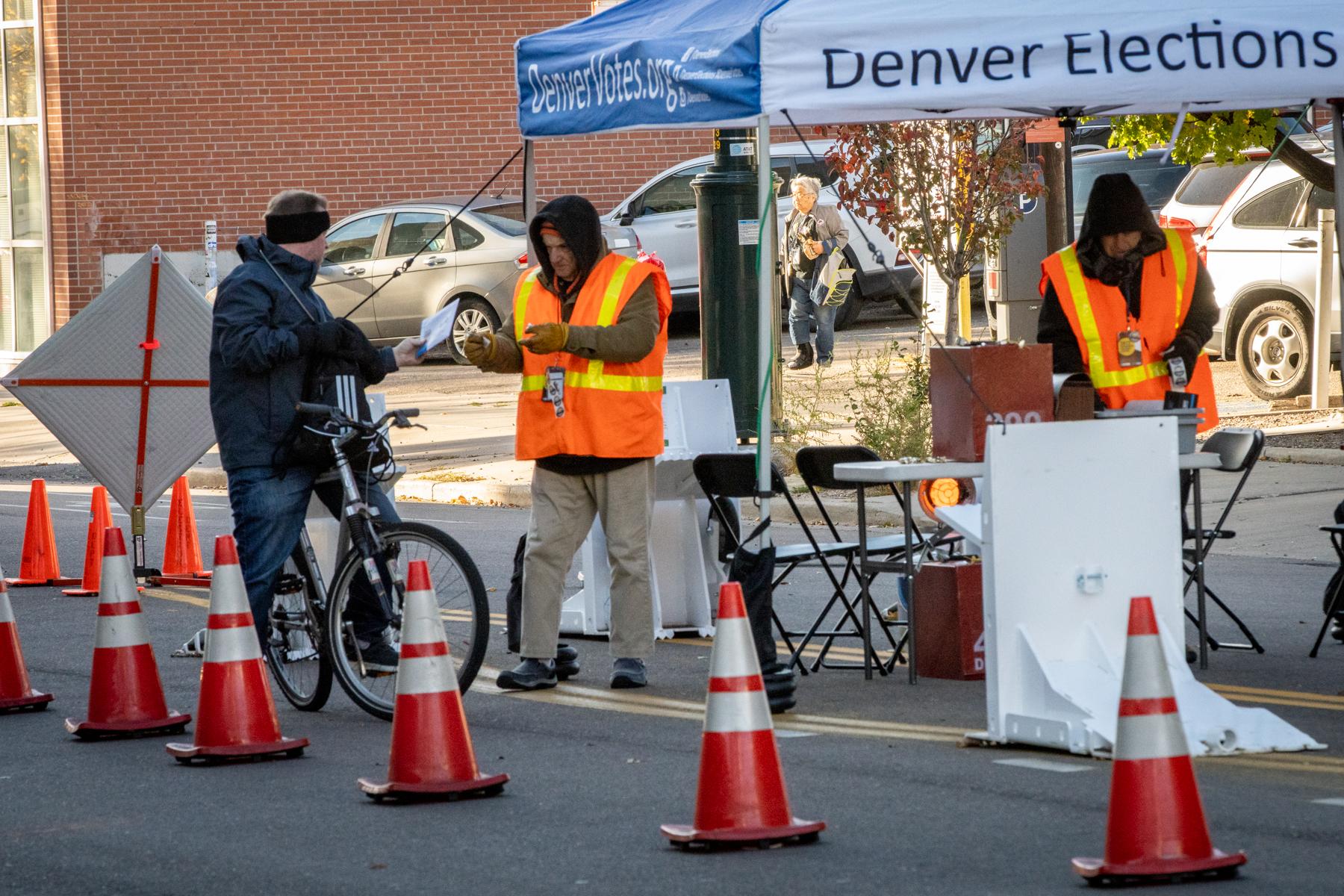Denver's Fair Elections Fund was set up to create some equity between the have-nots and the haves when it comes to running for office.
The roll-out has been kind of bumpy, resulting in mid-election tweaks.
For participating candidates (and most of the ones on the ballot are), donations up to $50 are matched at a nine-to-one rate by taxpayer money. The city has allocated a total of $8 million for the program.
For the curious, here's how much the candidates have received in the latest disbursement round.
But as the April 4 election grinds on, some readers are worried about what happens to the taxpayer's dollars in the fund if they weren't spent on elections.
As Denverite reader Kate put it: "Do Fair Election funded candidates have to return unspent $$ or can they just keep the money?"
We dug into the Denver City Code to find out.
Basically, if candidates withdraw or lose, they have to return the money to the Fair Elections Fund. Happily, for supporters of the fund, it will be used to fund future campaigns.
They have 60 days to do so after they have either told the Clerk and Recorder's office they are withdrawing or after they make such an announcement publicly.
Here's the official language.
Candidates do not have to return contributions they received from donors or give the money to the city. But there are rules about what they can and can't do with that money if they don't spend it on the race.
The money can be given to candidates' committees if those people decide to run for a different elected office in the city.
The money can also be given to any other candidate or to a political committee or issue committee working on a ballot issue in the city.
Candidates also have the opportunity to give the money to a charitable group.
If they're feeling ambitious, they can keep it in the same committee for future campaigns for a non-partisan office.
If they're feeling generous, they can refund the contributors.











